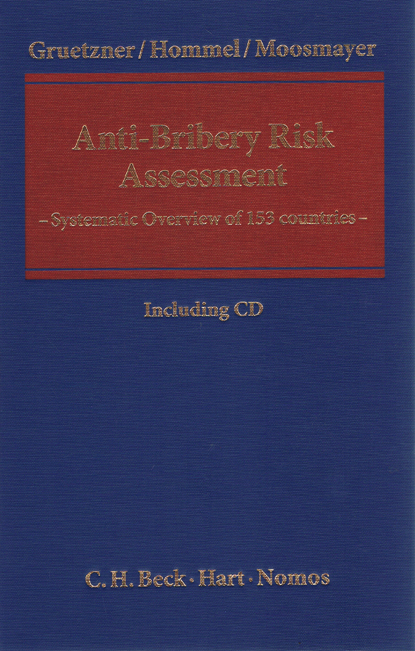
For the global economy, corruption is dangerous. The consequence is economic decay, not development. And that's why corruption demands a truly global response, one that knows no limits on collaboration. (US Attorney General Eric H. Holder at the OECD in May 2010).
The fight against corruption and bribery is backed by numerous global and regional agreements and conventions, supplemented by national legislation and practice, such as:-
This book undertakes the task of giving a compact overview of the legal framework and practices of implementation in more than 150 countries worldwide, based on a uniform questionnaire. The reports of about 50 countries with the highest turnover in foreign trade are provided in print; a CD-ROM with the unprinted reports is included in the book.
SAME BOOK AS ISBN 9783406610066